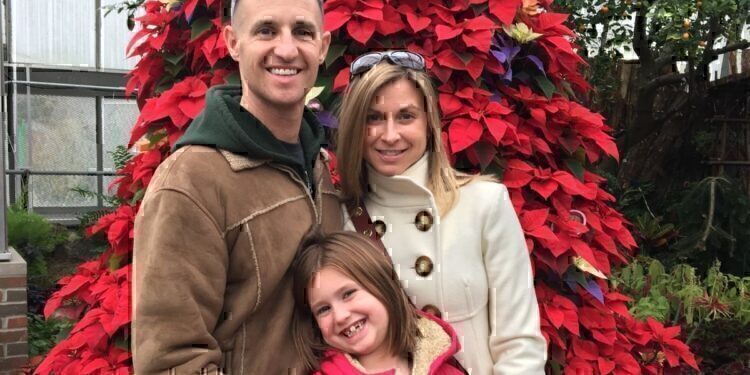Purpose and mental health wellbeing have long been connected by indisputable evidence and research. The U.S. Chamber of Commerce Foundation’s Hiring Our Heroes (HOH) took it a step further by proving that unemployment in itself significantly and negatively impacts the military spouse.
On February 4, 2020 HOH in collaboration with Starbucks and the Institute for Veterans and Military Families at Syracuse University, presented the key findings from its 2020 Military Spouse Employment and Wellbeing Survey. The results were not unexpected since it has been something long discussed and adequately presented the dismal reality of spouses both under and unemployed.
One stark finding was that spouses voiced their tendency to feel less satisfaction with themselves as a whole, stating that they instead feel useless and like they themselves are failures. Meredith Lozar is HOH Senior Director of the Military Spouse Program and called the research revelation “groundbreaking.”
“We have long known that employment impacts the mental health and wellbeing of our veterans. What we have never fully understood is how employment affects the mental health and wellbeing of military spouses,” she said. “This research basically puts that stake in the ground and clearly says that it does.”
The study surveyed over 3,300 military spouses in order to see what unemployment really looks like and how it can not just impact the military spouse on a personal level, but correlate to the entire family’s wellbeing. “Their self-esteem suffers, their self-confidence suffers and they feel insignificant. But when they are employed their relationships flourish and their family flourishes,” Lozar explained. “It was about really saying, now we really know that and here’s the data and stories that are a piece of that as well.”
President of Global Social Impact for Starbucks, Virginia Tenpenny, wrote the forward for the report. In it she stated that the company was proud to be working alongside HOH in the development the study to identify pain points but to also begin working towards solutions, too. The company plans to continue to promote research, advocacy and awareness.
It is important to point out that this study confirms that it isn’t simply about having any job, it’s truly about meaningful employment. The results of the survey clearly demonstrate that underemployment creates negative mental health symptoms and decreased self-esteem for the military spouse.
“It is pivotal. For us [HOH] it really continues our work in thought leadership for the community,” Lozar said. “What we know is that for this population, we are only just really getting started. The challenges that our population faces, evolves. COVID-19 has caused our unemployment rate to go from 22 to 24 percent all the way up to 32 percent, which you see in this study.”
“We have to continue these conversations and I think we owe it to ourselves to also say employment matters and it is affecting our retention as a military community,” Lozar pointed out. “It was about being able to put some stories and statistics together and say that now is the time to come together…today was just the starting line. Now we will take these recommendations and we will develop programs and materials to positively impact military spouse’s mental health and wellbeing.”
Recommendations from the study include the need for community providers and nonprofits to improve access to mental health care services, to audit and refine services and to increase opportunities for peer support and professional networking. Employers are strongly encouraged to destigmatize mental health needs, increase education, prioritize wellbeing and increase opportunities for support. Finally, the study calls on the government to make refinements to TRICARE to improve access, reduce the frequency of relocations or PCS orders and to increase government employment opportunities for military spouses.
For Lozar it’s not just an important role or cause she’s working for. It’s personal. She is a Marine Corps spouse of 16 years and has undergone 10 different moves in support of her husband’s career. She doesn’t just know what the statistics or reports say about under employment and unemployment can do to the military spouse, Lozar actually understands what it’s like.
When asked how it felt to publish the results of this vital study, she was quick to state that Hiring Our Heroes isn’t done yet. For the organization and Lozar personally, this study was just the beginning. She knows that the real mission and work lies ahead – which she and her team are well-poised to tackle while creating vital and meaningful change for military spouses everywhere.








